EDITORIAL
Published on 07 Jan 2021
Editorial: Monocyte Heterogeneity and Function
doi 10.3389/fimmu.2020.626725
- 6,126 views
- 12 citations
121k
Total downloads
509k
Total views and downloads
You will be redirected to our submission process.
EDITORIAL
Published on 07 Jan 2021
REVIEW
Published on 04 Aug 2020
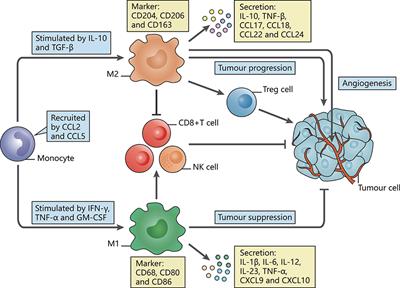
CORRECTION
Published on 20 May 2020
ORIGINAL RESEARCH
Published on 30 Apr 2020
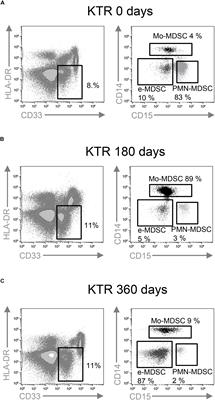
ORIGINAL RESEARCH
Published on 31 Mar 2020
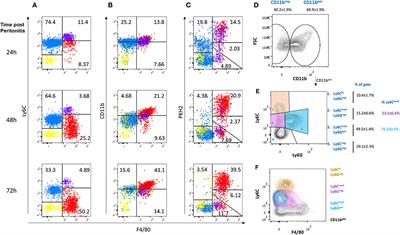
ORIGINAL RESEARCH
Published on 31 Jan 2020
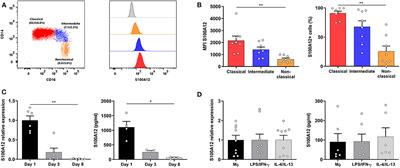
REVIEW
Published on 15 Nov 2019
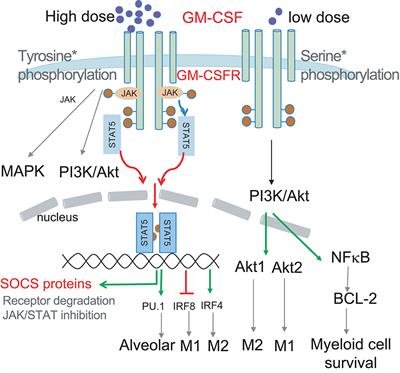
REVIEW
Published on 07 Nov 2019
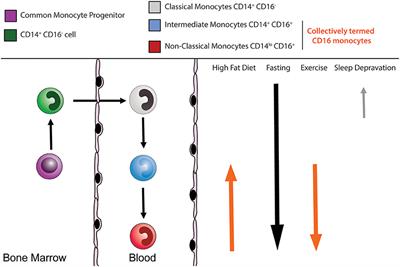
HYPOTHESIS AND THEORY
Published on 23 Sep 2019
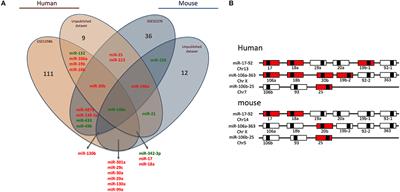
REVIEW
Published on 13 Sep 2019
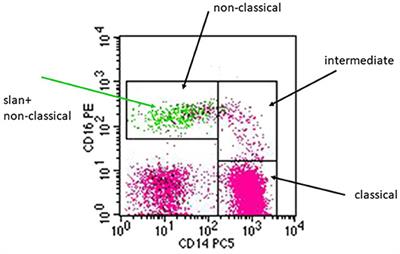
REVIEW
Published on 12 Sep 2019

MINI REVIEW
Published on 11 Sep 2019

